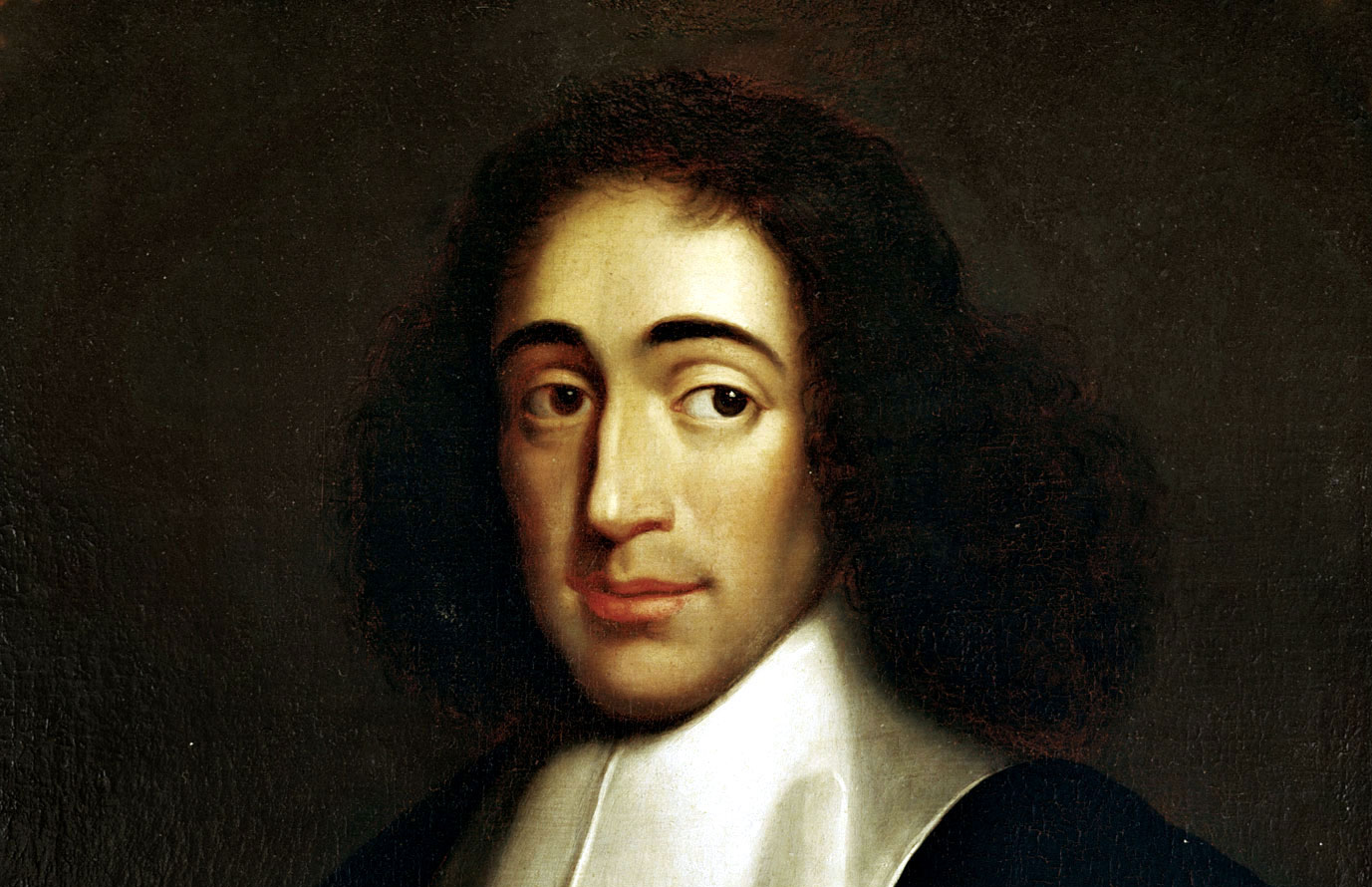Frontlist | In lack of restraint lies the seed of intolerance: Writer
Frontlist | In lack of restraint lies the seed of intolerance: Writeron Feb 08, 2021

The essence of Spinoza’s statement in his work Tractatus Politicus in 1676, appears to be fast waning.
I have striven not to laugh at human actions, not to weep at them, not to hate them, but to understand them, said Baruch Spinoza, Dutch philosopher of Portuguese origin who was one of the early thinkers of the Enlightenment, and a critic of modern biblical criticism, and considered among the greatest rationalists of the 17th century. The essence of Spinoza’s statement in his work Tractatus Politicus in 1676, appears to be fast waning. This is evident with the targeting of propagators of views prolifically expressed – either in print, social media or any media reaching the masses – by their opponents, becoming common. This, because their views expressed with a high degree of conviction cannot be countered by the antagonists with equal or more power of the written or oral word. The pen is certainly mightier than the sword as it has the power to touch and move lakhs without physical coercion. Lately, social media has offered people lightning-quick routes to deliver their expressions – whether rational or otherwise – across the world in seconds. Unfortunately, the ‘might of the pen’ leads to frustration among those who find themselves less potent in countering the views of rationalists with equal conviction. The result is threat of violence, or violence itself, against those putting out their views, causing much resentment. Incidentally, expressed rationalism has a higher tendency to rankle those nurturing already set beliefs, than vice-versa. The latest act is that of advocate Meera Raghavendra attacking rationalist Prof KS Bhagwan, smearing ink on his face at the City Civil Court Complex in Bengaluru, where he had appeared for a bail plea hearing. Bhagwan has often attracted criticism for his “anti-Hinduism” views. The police team probing the September 2017 murder of journalist-activist Gauri Lankesh had reported that Bhagwan’s name was also on the hit-list of the alleged killers. However, while such acts are downright condemnable, writers and intellectuals also point out that while freedom of speech and expression is a right, it should not be used to hurt religious sentiments of people and justify it in the name of this right being granted to us through the Indian Constitution. Padma Bhushan and Jnanpith awardee Chandrashekar Kambar says assault on writers in any form is not acceptable. A writer uses his/her pen to express views. People can agree or disagree, and they can even debate. “The war between Akshara (letter) and Astra (weapon/arm) is not good in society,’’ he says. If views of rationalists go against what is prevailing, those opposed to their views can express their opinions in writing or debate. He says views are bound to clash as India is a country with 64,000 castes, 1,600 languages and several major religions; but despite such diversity, the country has remained cohesive, except for stray – but very disturbing – cases, which threaten to undo that national cohesion. “Writers should use their mind and heart while writing. Just because they have a smartphone, they cannot write anything that hurts sentiments,’’ Kambar says. Ashok Haranahalli, former Advocate General of Karnataka, says Article 19(1)(a) of the Indian Constitution speaks of the right to freedom of speech and expression. That does not mean one can misuse it. “No matter what religion, one should not hurt sentiments of those from another religion. One may have faith in God, or not. It is his or her right to believe or not to believe. But he or she cannot write in such a manner that it disturbs communal harmony,’’ he said. Noted writer Siddalinga Pattanashetti says one should respect others’ views. There are numerous ways to express opposition, but maintaining restraint is very important. He, however, also cautions against speaking or expressing anything that can hurt religious or community sentiments by citing freedom of expression – especially those who enjoy responsible positions, as such remarks by them are likely to cause more damage. Dr Jagadish Haruguppa, a writer from Belagavi, says everyone has the right to freedom of speech to express their opinions, but that right is not a privilege to hurt anyone’s sentiments. “It should not be a profession to criticise a particular community or a religion. Bhagwan should use his knowledge to raise questions on the problems of society, farmers, workers, etc.,” he says. Prof Kokkarne Surendranath Shetty, a political expert in Udupi, says Prof Bhagwan has been ‘insulting’ Hindu gods, and it is unacceptable. “But the act of the woman lawyer who blackened his face is also against the law of the land. This is a clear stunt to garner public attention and should be condemned,” he says. Targeting rationalists – who are increasingly being looked at as ‘anti-national’ – or those pointing out faults in the social system, has another fall-out: It can deter people, especially the youth, from expressing themselves as dutiful citizens of the land where wrongs need to be corrected. And the fear lies in being labelled “anti-national” for merely flagging a perceived wrong. This, in turn, threatens to allow an existing wrong to fester and turn worse. Allaranda Vittala, writer and senior journalist from Kodagu, says, “Youngsters, in fear of being termed anti-nationals, might become less vocal about their opinions and turn mere spectators of all that is happening in our nation.”
Authors
Baruch Spinoza
City Civil Court Complex
Dutch philosopher
Frontlist India news
Indian authors
Indian Writers
Latest News On Indian Incidents



.jpg)






.jpg)

.jpg)
.jpg)
.jpg)
.jpg)
.jpg)










Sorry! No comment found for this post.